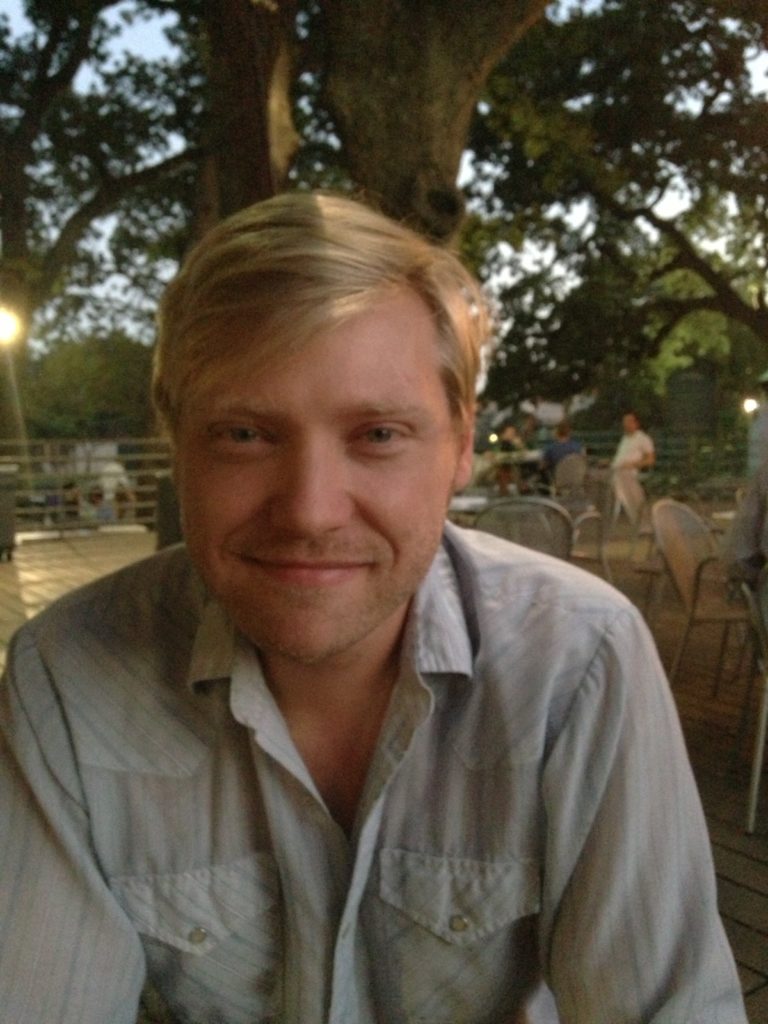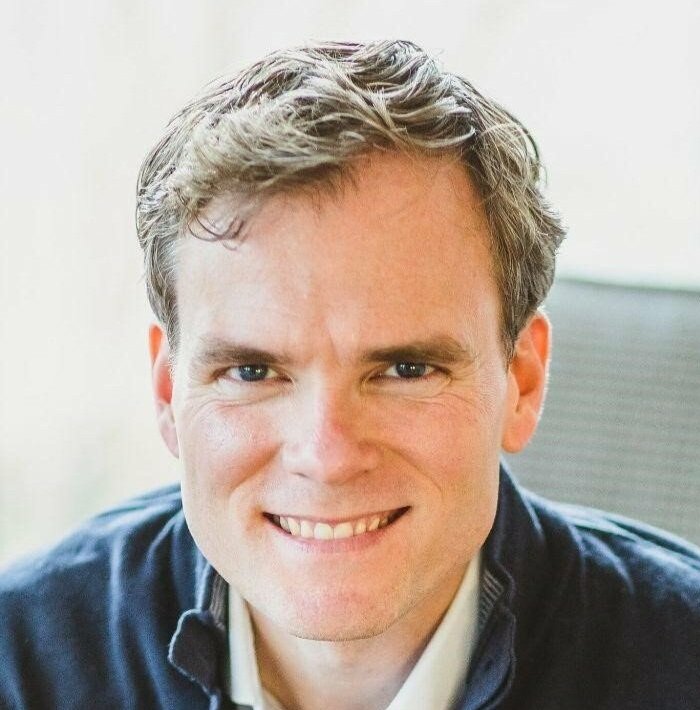Austin, Texas—It started with a question. An immigrant congregation—The Austin Chinese Church–asked a few college students if they would be interested in birthing a community that would be indigenous to city, reaching other students, artists and creatives—people the immigrant church would not likely reach.
In 2006 a group of friends started learning how to become church. Their name, Vox Veniae means Voice of Forgiveness. Like all new ventures, their hope for the future was a bit different from the present reality. At first, they were 99% Asian and college students meeting on the campus of the University of Texas. They wanted their church to be reflective of the city, but this dream was years in the making.
The first year, the church offices were housed in a hip loft suite with hardwood floors, spot lit artwork and a view of the downtown skyline. Pastor Gideon Tsang realized the disparity between who the church hoped to be and the space they were renting. “Like most church buildings, our space went underutilized with the exception of staff meetings, lonely afternoons of sermon writing and an occasional heated game of Nerf basketball.” The immigrant congregation had blessed the start-up congregation with what they all thought they needed: a hip space for a hip church. But there was a glaring disconnect. The lease came up and they moved out in search of a place that would better embody the church’s sense of mission.
A few weeks later, Tsang stumbled upon a boarded-up white one-story building in a gritty section of East Austin. “The boarded-up windows and overall neglected state gave it an affordable appearance.” He said. The building was the former location of Chester’s Nighclub, a BYOB bar that, over the years has become notorious for illegal activity. It was shut down after a police officer shot an unarmed patron, named Kevin Brown, in the back twice. The identity of the church: Vox Veniae could never again be confined to a lonely afternoon of sermon writing. The community needed a voice of forgiveness. And the people of Vox Veniae began doing the hard work of listening before they started speaking.
The church didn’t move into the neighborhood assuming they knew what was best. They learned from and enlisted the support of all sorts of non-profit and neighborhood groups. They wanted to embody an authentic partnership with the surrounding community.
In 2008, they opened the doors to Space 12. And it’s far from underused. Today, it’s a creative hub for all sorts of common-good ventures. “We found many churches and non-profits doing great things but they were working separately. Instead of starting inferior versions of existing organizations, Space 12 offers hospitality and collaboration; partnering with friends sending books to prisoners, facilitating peer-counseling with East Austin youth, hosting neighborhood association meetings, public school coalitions and two different expressions of church.”
Now seven years into their journey, Vox Veniae is becoming what that first group of Asian college students hoped for. They are more diverse and less young. They’re learning to love God, their city and their neighbors.


